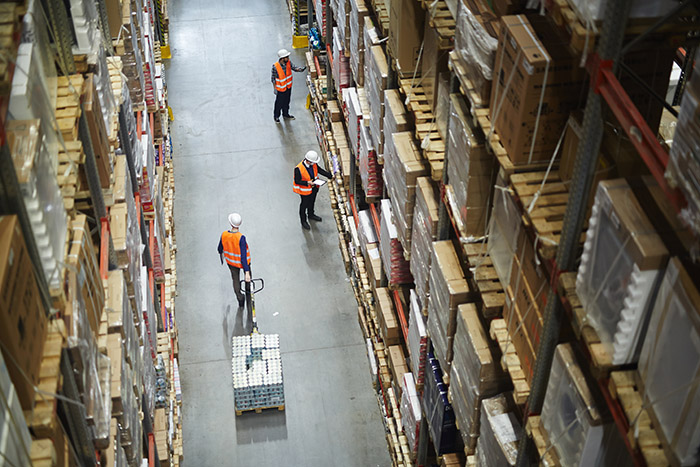World Bank sounds alarm on logistics worker shortage
Hugh R. Morley, Senior Editor | Sep 08, 2017 1:03PM EDT

The dearth of logistics labor extends from the warehouse floor to the C-Suite.
The global logistics industry is facing a shortage of skilled workers able to help meet complex supply chain challenges and sustain the industry’s estimated 5 percent growth rate, according to a new report commissioned by the World Bank.
There are “too few well trained executives in the logistics center,” and a lack of qualified staff at the operational level, the report by three professors, Alan McKinnon, Kai Hoberg, and Dr. Christoph Flöthmann, concludes.
Not only do logistics employers find it tough to recruit good candidates for positions, but “many existing employees are not sufficiently qualified,” the report says. “This skills shortage is likely to worsen in the absence of new initiatives,” it added.
The conclusions are based on information drawn by the three researchers from 300 experts working at companies, governments, educational institutions, and professional associations worldwide.
One reason for the shortage is the difficulty of competing with other industries for talented staff, in part because the pay is low, working conditions are poor, and the industry’s reputation is not good, the report said.
The report echoes others that have in recent years expressed concerns that the US logistics sector may face a labor shortage. In 2015, the Third-Party Logistics Study unveiled at the Council of Supply Chain Management Professionals annual conference warned that the industry was facing an “unprecedented labor shortage.” The lack of trained workers to replace a rapidly aging workforce in trucking and warehousing would ultimately raise transport and storage costs for shippers, the study said.
The inability of trucking companies to find drivers is a perennial concern in the United States. And the new report says it is also a big issue in Germany and the United Kingdom. Last year, the Council on Port Performance in the Port of New York and New Jersey said that the “workforce talent shortage could continue to get worse over time,” and partnered with a local county college to create an improved logistics sector training program.
The World Bank report said that to curb the shortage “there needs to be a substantial increase in the amount of time and resources devoted to logistics training at all levels.” In addition, skilled logistics workers in developed countries should share their skills and knowledge with those in developing countries, it said.
“Professional associations, such as BVL in Germany and [the Chartered Institute of Logistics and Transport] in the United Kingdom, have a key role to play in improving the attractiveness of the logistics profession to potential recruits, increasing training capacity and certifying logistics skills,” the report noted.
No comments:
Post a Comment